Chapter: Biology Practicals: Collecting Biology Specimens
Phylum Arthropoda - Collecting Biology Specimens
Phylum Arthropoda
Organisms in this phylum have jointed appendages and an exoskeleton made of chitin. There are 5 classes in this phylum: Insecta, Crustecea, Arachnida, Diplopoda, and Chilopoda.
Class Insecta
Beetles, House ies (Nzi), Grasshoppers (Panzi), Ants (Sisimizi), and Termites (Mchwa)
The following are the features of Class Insect:
1. Insects have a head, thorax, and abdomen.
2. They have one pair of antennae.
3. They have three pairs of jointed legs.
4. Most adult insects have wings.
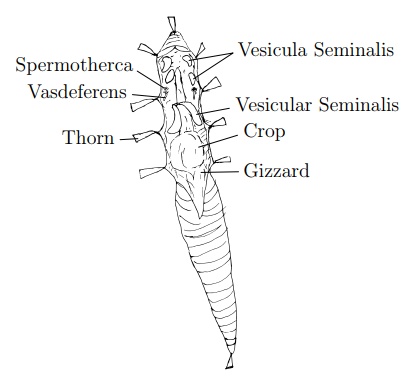
Figure 4.1: Dissection of Earthworm
Collection
Many insects can be caught in a eld using a sweep net.
Preservation
Live insects can be kept in a clear bottle and fed grass clippings. Dead insects can be preserved for a few months by placing them in methylated spirits.
Killing
Seal in an airtight container until the insect su ocates.
Dissection
First remove wings, antenae, and legs of the insect. Then cut down the sides of the insect to open the body cavity and observe the digestion and reproductive systems.
Class Crustacea
Crabs (Kaa), Prawns (Kamba), and Lobsters (Kamba Kochi)
The following are the features of Class Crustacea:
1. Crustacea have bi-forked appendages.
2. They have 2 pairs of antennae.
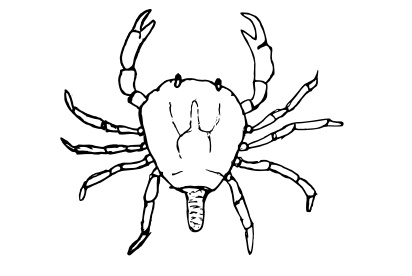
Figure 4.2: Crabs are an example of Class Crustacea
Collection
Fresh water crabs, prawns, and shrimp can be found in most rivers, lakes, dams and swamps. Otherwise, they can be purchased in many markets.
Preservation
Crustacea can be preserved in methylated spirits. Crustacea can also be dried for preservation purposes.
Killing
Crustesea can be killed by being left in an airtight container or boiled in water.
Dissection
For crabs, turn it so that its abdomen is facing up. Wedge a knife under the triangular abdomen and twist, so that the abdomen opens. Examine the internal organs.
Class Arachnida
Spiders (Buibui) and Scorpions (Nge)
The following are the features of Class Arachnida:
1. Arachnids have four pairs of jointed legs.
2. Arachnids have a cephalothorax (head and thorax) and abdomen.
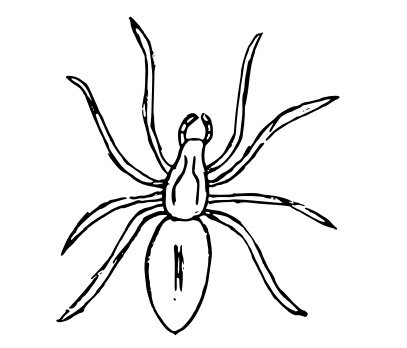
Figure 4.3: Spiders are an example of Class Arachnida.
Collection
Spiders can be found in almost any environment. Scorpions can be found in dark, dry and cool areas, usually at night.
Preservation
Arachnida can be dried or preserved in methylated spirits.
Killing
To kill Archnida, place them in an airtight container for a few days or use insecticide.
Class Chilopoda
Centipedes (Tandu)
The following are the features of Class Chilopoda:
1. Chilopoda have long bodies consisting of many segments.
2. Each segment contains a pair of legs.
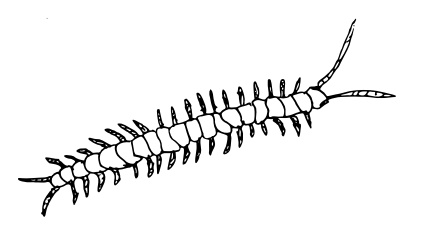
Figure 4.4: A centipede
Collection
Centipedes can be found under rocks, in tree bark, and in leaf litter.
Preservation
Chilopoda can be dried or preserved in methylated spirits.
Killing
To kill Chilopoda, place them in an airtight container for a few days or use insecticide.
Class Diplopoda
Millipedes (Jongoo)
The following are the features of Class Diplopoda:
1. Diplopoda have long bodies consisting of many segments.
2. Each segment contains 2 pair of legs.
Collection
Milipedes can be found under rocks, in tree bark, and in leaf litter.
Preservation
Diplopoda can be dried or preserved in methylated spirits.
Killing
To kill Diplopoda, place them in an airtight container for a few days or use insecticide.
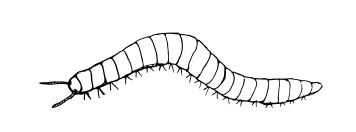
Figure 4.5: Class Diplopoda contains organisms like millipedes.
Related Topics